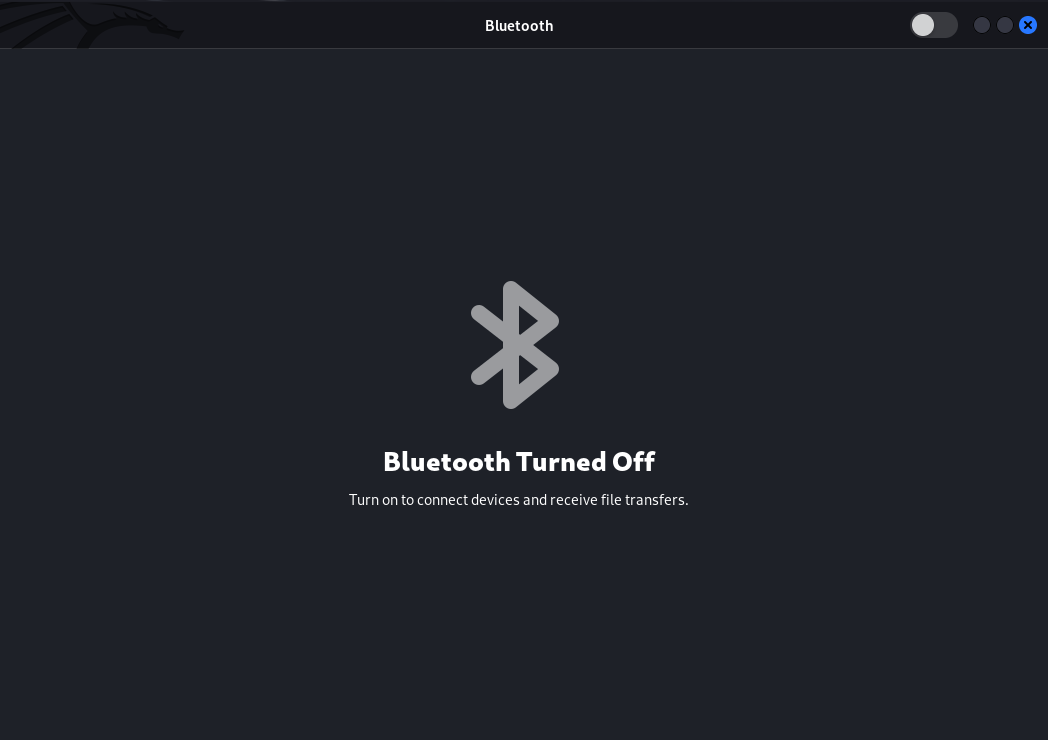In the ever-evolving landscape of cybersecurity, protecting sensitive information and data is paramount. One crucial aspect of safeguarding digital assets is ensuring the security of passwords. This article delves into the intricate world of password cracking in Linux, with a focus on the potent tool, Medusa. Let’s explore the ins and outs of this powerful utility and how it can be used to enhance your cybersecurity efforts.
Understanding the Significance of Password Security
Before we delve into the technicalities of password cracking, it’s imperative to grasp the importance of password security. Passwords are the first line of defense against unauthorized access to systems, databases, and sensitive information. Weak or easily crackable passwords can expose vulnerabilities that malicious actors are all too eager to exploit.
The Role of Medusa in Password Cracking
What Is Medusa?
Medusa is a robust and versatile password cracking tool that operates in the Linux environment. Developed with the aim of testing and enhancing password security, it is widely used by cybersecurity professionals and ethical hackers.
Key Features of Medusa
Medusa boasts several features that make it a standout choice in the world of password cracking:
- Protocol Support: Medusa supports a wide range of protocols, including SSH, HTTP, FTP, RDP, and more. This versatility allows it to target various services and applications.
- Dictionary Attack: Medusa employs a dictionary attack, systematically trying every word in a predefined list until the correct password is found.
- Brute Force Attack: It tries all character combinations if a dictionary attack fails.
- Parallel Processing: Medusa efficiently attacks multiple targets simultaneously.
Setting Up Medusa
To start using Medusa for password cracking, follow these steps:
Installation
- Open your terminal.
- Install Medusa using your Linux distribution’s package manager. For example, on Ubuntu, use:
sudo apt-get install medusa
Basic Usage
Now that you have Medusa installed, let’s look at some basic usage scenarios:
- Dictionary Attack:
medusa -h <target_IP> -u <username> -P <dictionary_file> -M <service><target_IP>: Replace with the IP address of your target.<username>: Specify the username you want to target.<dictionary_file>: Use a wordlist of passwords you want to test.<service>: Specify the service (e.g., SSH, HTTP) you want to attack.
- Brute Force Attack:
medusa -h <target_IP> -u <username> -M <service> -m <mode><target_IP>: Replace with the IP address of your target.<username>: Specify the username you want to target.<service>: Specify the service (e.g., SSH, HTTP) you want to attack.<mode>: Choose the mode, such as login or authentication mode.
Best Practices in Password Cracking
While Medusa is a powerful tool, it should only be used for legitimate and authorized purposes, such as testing the security of your own systems or with proper legal authorization. Here are some best practices to keep in mind:
- Always obtain explicit consent before attempting to crack passwords.
- Use Medusa exclusively for ethical hacking, security testing, and penetration testing.
- Keep your wordlists up to date, as well as your Medusa tool itself.
- Ensure that the target systems are owned or managed by you or are subject to explicit authorization.
Conclusion
In the realm of cybersecurity, understanding password security and having the means to test it is paramount. Medusa, with its versatile features and robust capabilities, stands as a valuable asset in the arsenal of cybersecurity professionals. When used responsibly and ethically, Medusa empowers you to identify and rectify vulnerabilities, strengthening your defense against potential threats.
By deploying this powerful tool in your cybersecurity endeavors, you can confidently safeguard your digital assets and leave no room for vulnerability. So, empower yourself with knowledge and the right tools, and elevate your cybersecurity game with Medusa in Linux.



